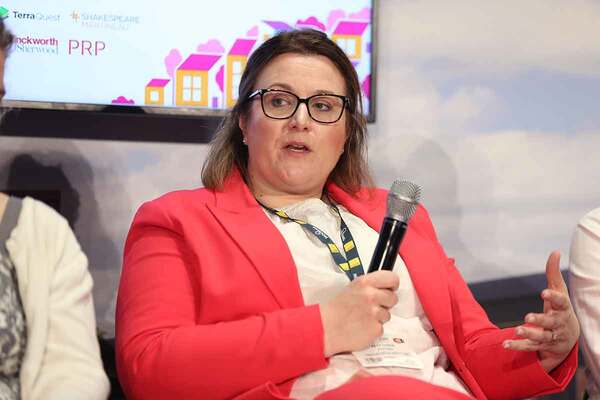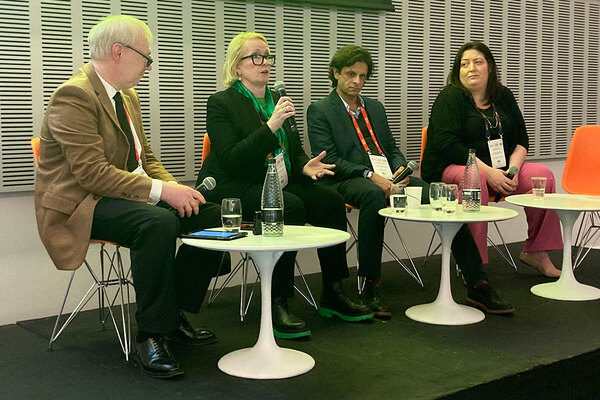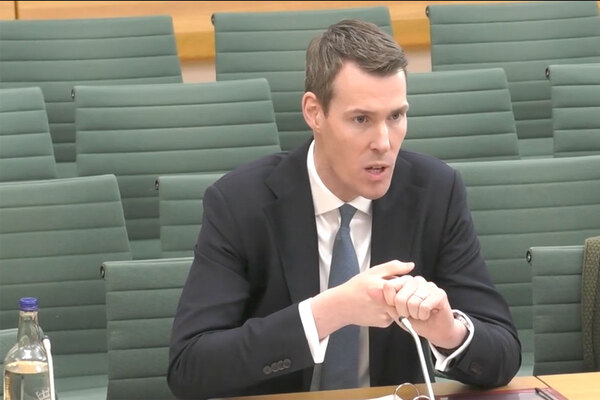Investor-backed GLA fund could tackle London’s Section 106 ‘logjam’, says lobby group
The Greater London Authority (GLA) should consider launching an institutional investor-backed fund to acquire “stranded” Section 106 homes to prevent major developments stalling, a lobby group has said.

BusinessLDN, which represents around 160 organisations in the capital, has written to the city’s MPs, council leaders and assembly members, warning of a Section 106 “logjam” because traditional housing associations’ appetite for new homes was waning.
The group said the GLA should look at establishing a fund “backed by institutional investment, to purchase Section 106 affordable homes that cannot be sold via the normal process”. The fund would then manage the homes to “provide long-term housing for working Londoners”.
BusinessLDN also pointed to the rise of for-profits and said “more must be done to unlock such investment”.
Under the Section 106 process, developers are required to deliver a proportion of affordable homes which are then sold to a registered provider.
However, many social landlords are dialling down their development and acquisition of new homes as they focus on improving existing stock amid a heightened focus on standards and a push for net zero.
According to Savills, housing associations are also prioritising other routes away from Section 106, such as land-led grant-funded development, where they can have more influence over the design and type of homes built.
The situation has led to schemes in London taking “significantly longer” or not being built at all, BusinessLDN told the elected officials in a briefing note.
BusinessLDN has set out other solutions, including allowing developers to make a payment to a council in lieu of affordable homes.
“This money could be used to support a local authority’s own affordable housebuilding programme, such as an estate regeneration scheme, which may require a cash boost,” the group, formerly known as London First, said.
A further option could be to expand the approved list of registered providers for a council, or streamline the process which allows a landlord to join a list.
“This would help increase the number of partners that can work with developers to help deliver and manage affordable housing,” the briefing note said.
On a national basis, homes funded by Section 106 agreements accounted for nearly half of all affordable housing delivery in 2022-23.
Angela Rayner, the housing secretary, said this week that the government will provide more direct grant funding and greater certainty around rent stability to help social landlords.
BusinessLDN’s briefing note said long-term certainty on social rents and the government’s Affordable Homes Programme would allow providers to “plan with confidence for the future” and free up capital to buy new homes.
It could also attract more private investment into affordable housing, according to the group.
Jonathan Seager, policy director for research and impact at BusinessLDN, said: “The government has set out a raft of reforms to support its ambitious housing targets, which is welcome. However, the impact of much of it will take time to deliver, so we also need immediate action to support stalled schemes which can deliver housing now.”
As well as developers and construction firms, the group’s members include Clarion, A2Dominion, MTVH, Notting Hill Genesis, Peabody and Places for People.
The GLA is understood to have organised a roundtable last month with bosses from developers, housing association and councils in London to understand the situation around the Section 106 market in the capital.
A spokesperson for London’s mayor, Sadiq Khan, said: “The mayor has repeatedly warned of a perfect storm of higher building and borrowing costs hitting housebuilding hard, with the legacy left by the last government having set national housing completions on course to fall to just 160,000 homes this year.
"These national headwinds are reducing the ability of social landlords to build new homes and also to acquire homes in the section 106 market.
“Sadiq is already taking country-leading action to support affordable homebuilding from City Hall, with a kickstart package including further support for social housing providers through his Accelerated Funding Route, which can be accessed in some circumstances to support purchases in the section 106 market."
Sign up for our development and finance newsletter
Already have an account? Click here to manage your newsletters











